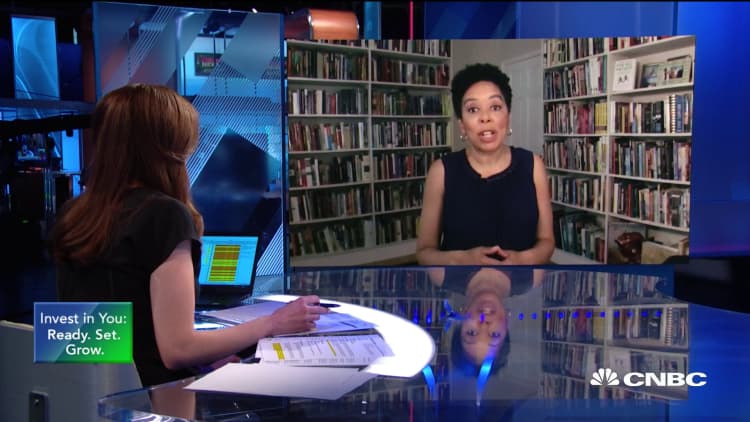
Whether colleges reopen their campuses or remain online, students are sticking with school.
After weighing the options, the vast majority of undergraduates plan to continue their college education as planned, a report finds.
Just 2% of students said they would take a gap year and only 5% considered switching to a school closer to home, according to Sallie Mae's annual "How America Pays for College" report, which polled nearly 2,000 students and parents in April.
More from Invest in You:
No shame: Moving home during pandemic
Here's what one resourceful grad is doing to find work
Here's the short list of colleges offering tuition discounts
Although families are concerned about Covid-19, most students remain committed to their higher-education plans, said Martha Holler, a senior vice president at the education lender.
"They are determined to make this investment in their future because they know that it pays off,' she said. "And they're willing to do that even if their courses are going to be online."
Families are also paying more for college than ever before, Sallie Mae found.
On average, families spent roughly $30,00 on school over the last year, a 14% jump from the year before. Most of that came from parents' own income and savings.
In addition to what they spent out of pocket, families covered about a quarter of the bill by tapping scholarships and grants — money that does not have to be repaid – and an additional 25% by borrowing, or taking out loans, the education lender said.
Since the survey was conducted in the spring, millions of Americans have experienced a financial shock due to the coronavirus crisis, such as a job loss or furlough. Even many who remain employed are working fewer hours and for less pay.
It's important to take advantage of the financial aid that's out there.Martha Hollersenior vice president at Sallie Mae
That is likely to impact their ability to afford college in the years ahead, Holler said. "They may rely more on other sources of funds to help them pay for college," she said. "They might borrow a little bit more, they may pursue more scholarships than they have in the past."
And yet, fewer families have applied for financial aid.
The Free Application for Federal Student Aid, or FAFSA, serves as the gateway to all federal money, including loans, work-study and grants, which are the most desirable kind of assistance.
This year, just 71% of families completed the FAFSA, down from 77% in 2018-19 and 83% the year before that, Sallie Mae found.

Many families assume they won't qualify for financial aid and don't even bother to apply. That's a mistake, Holler said.
"It's important to take advantage of the financial aid that's out there," she said. "Completing the FAFSA is more important than ever."
For families who have already filed the FAFSA but have since experienced a financial shock, it is also possible to amend their FAFSA form or ask the college financial aid office for more help, according to Holler.
SIGN UP: Money 101 is an 8-week learning course to financial freedom, delivered weekly to your inbox.
CHECK OUT: I turned my social media side hustle into a full-time job: Here's my best advice via Grow with Acorns+CNBC.
Disclosure: NBCUniversal and Comcast Ventures are investors in Acorns.






